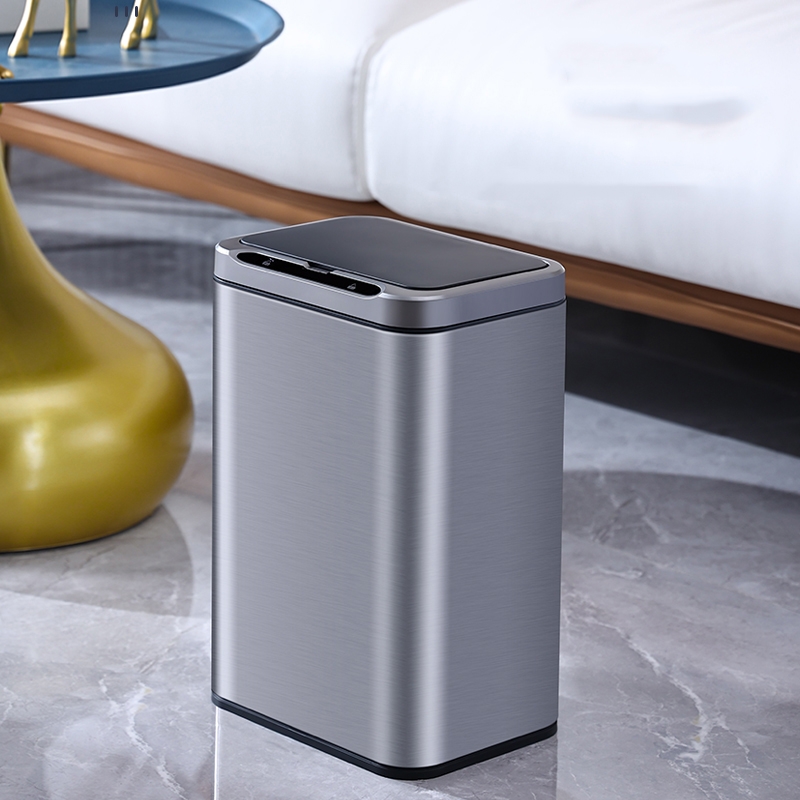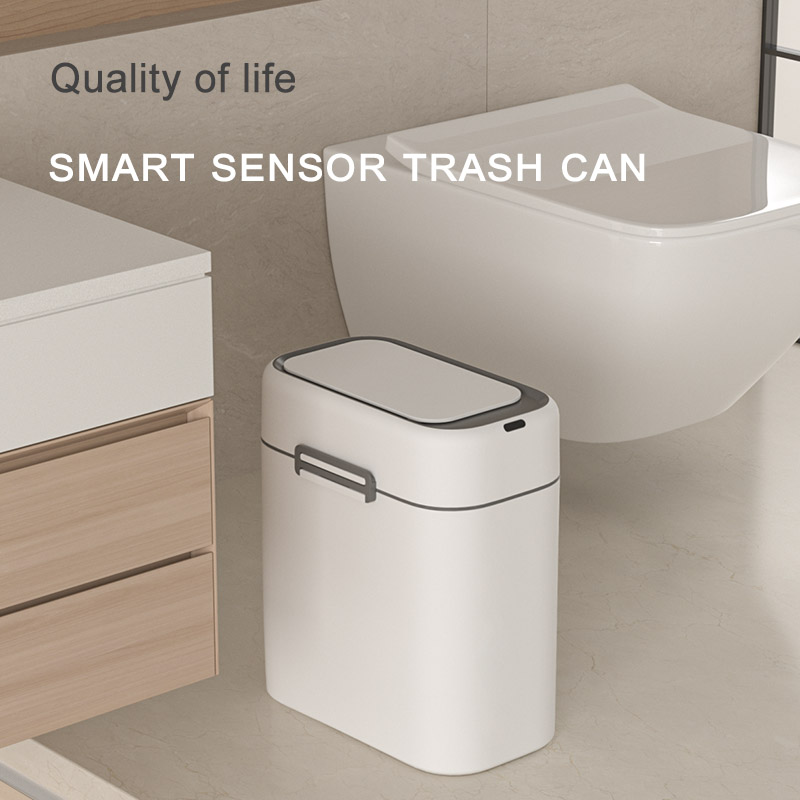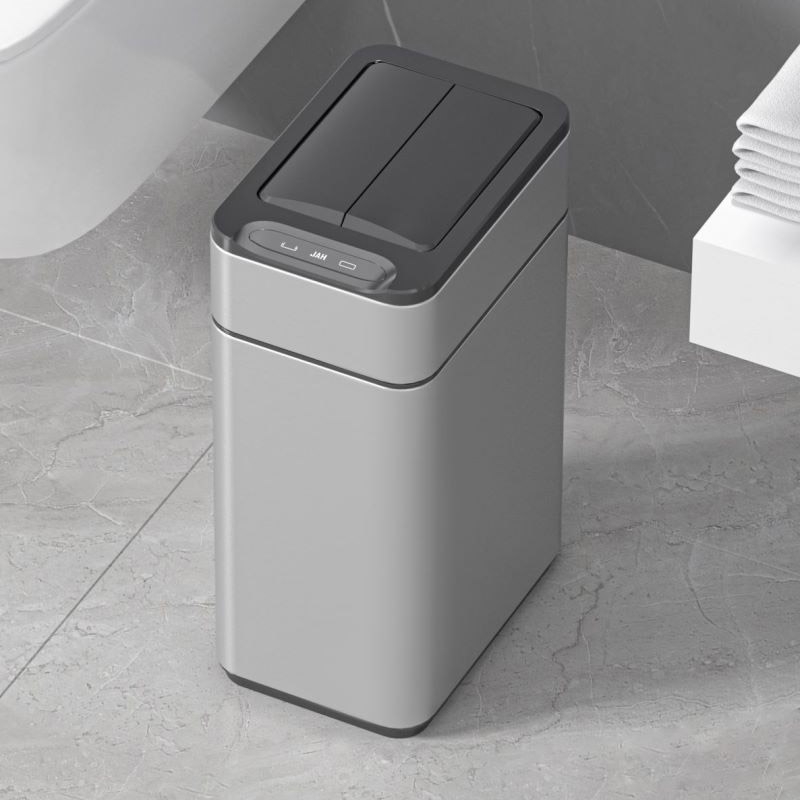How to Get Rid of Maggots in Your Trash Can
09-23-2024
Are you dealing with a maggot infestation in your trash can? It can be a disgusting and unpleasant experience, but fear not, there are effective ways to get rid of these pesky creatures and prevent them from coming back. In this article, we will discuss the causes of maggots in your trash can, as well as provide you with practical solutions to eliminate them for good.
What are maggots and why are they in my trash can?
Maggots are the larval stage of flies, and they thrive in environments where there is decaying organic matter. Your trash can provides the perfect breeding ground for maggots, as it contains food scraps and other organic waste that flies are attracted to. When flies lay their eggs in your trash can, the eggs hatch into maggots within a short period of time, leading to a full-blown infestation if not addressed promptly.
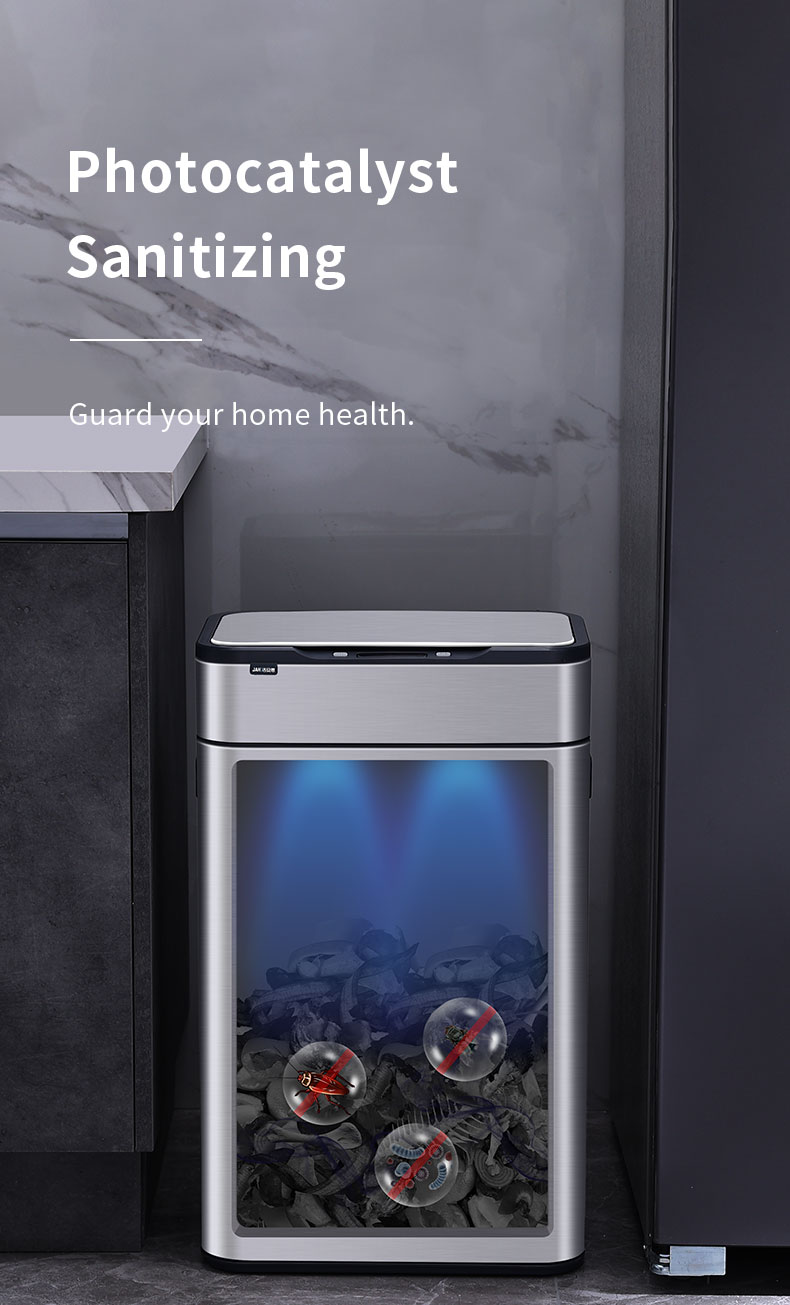
How to get rid of maggots in your trash can
1. Clean your trash can regularly
The first step in getting rid of maggots is to thoroughly clean your trash can. Empty the contents of the trash can into a garbage bag and dispose of it properly. Use a hose or pressure washer to rinse out the inside of the trash can, making sure to remove any remaining food residue or organic matter. You can also use a mixture of hot water and bleach to disinfect the trash can and kill any remaining maggots or eggs.
2. Use vinegar or essential oils
Maggots are repelled by strong smells, so using vinegar or essential oils can help deter them from infesting your trash can. Simply pour some vinegar into the bottom of your clean trash can, or add a few drops of essential oils such as peppermint, eucalyptus, or tea tree oil. The strong odor will discourage flies from laying their eggs in your trash can, preventing future infestations.
3. Seal any cracks or openings
Inspect your trash can for any cracks, holes, or openings that may allow flies to access the inside. Use caulk or silicone sealant to fill in any gaps and ensure that the lid of the trash can fits tightly to prevent flies from getting in. By sealing off potential entry points, you can significantly reduce the likelihood of maggots infesting your trash can.
4. Use insecticide or natural repellents
If you are dealing with a severe maggot infestation, you may need to use insecticide to eliminate them effectively. Look for an insecticide specifically designed for use in outdoor trash cans, and follow the instructions carefully when applying it. Alternatively, you can opt for natural repellents such as diatomaceous earth or neem oil, which are safe and non-toxic options for controlling maggots and preventing future infestations.
5. Dispose of waste properly
To prevent maggots from returning to your trash can, it is essential to dispose of waste properly. Make sure to tightly seal garbage bags before placing them in the trash can, and avoid throwing loose food scraps directly into the bin. Consider composting organic waste instead of throwing it in the trash, as this will not only reduce the likelihood of maggots but also benefit the environment.
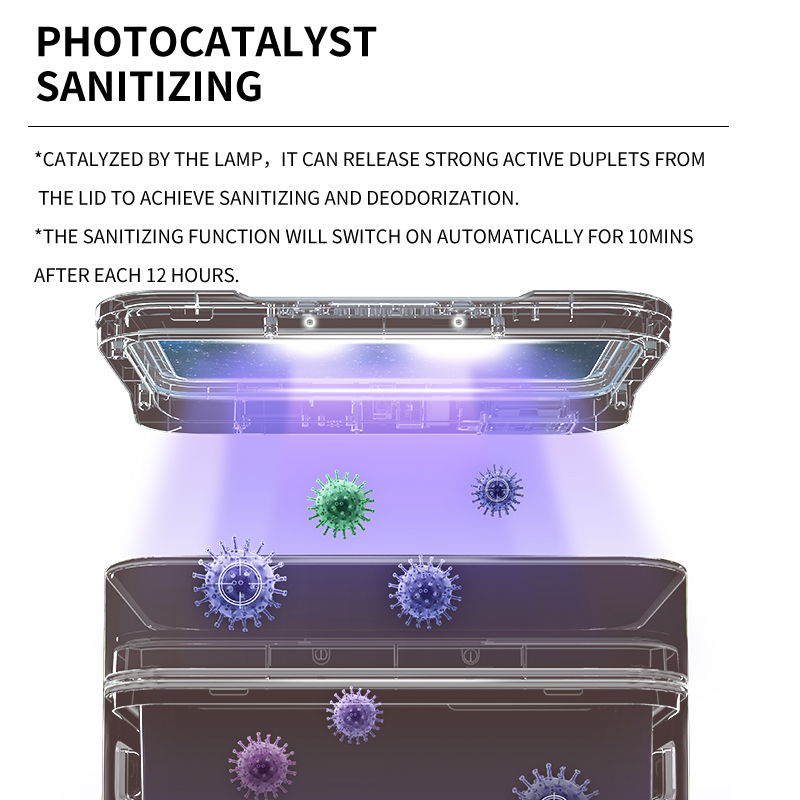
Preventing future infestations
Once you have successfully eliminated the maggots from your trash can, there are several measures you can take to prevent future infestations:
- Keep your trash can clean and dry at all times
- Regularly disinfect your trash can with bleach or vinegar
- Use airtight garbage bags to contain food waste
- Store your trash cans away from direct sunlight and areas with high fly activity
- Consider using a trash can with a tight-fitting lid and insect-proof mesh
- Clean up any spills or leaks around the trash can promptly
By following these preventive measures, you can minimize the risk of maggots infesting your trash can and enjoy a clean and pest-free environment.
In conclusion, dealing with maggots in your trash can can be a revolting experience, but with the right approach, you can effectively eliminate them and prevent future infestations. By keeping your trash can clean, using repellents, sealing off entry points, and disposing of waste properly, you can say goodbye to maggots once and for all. Remember that maintaining good hygiene practices and taking proactive measures are key to keeping pests at bay and ensuring a clean living space for you and your family.

